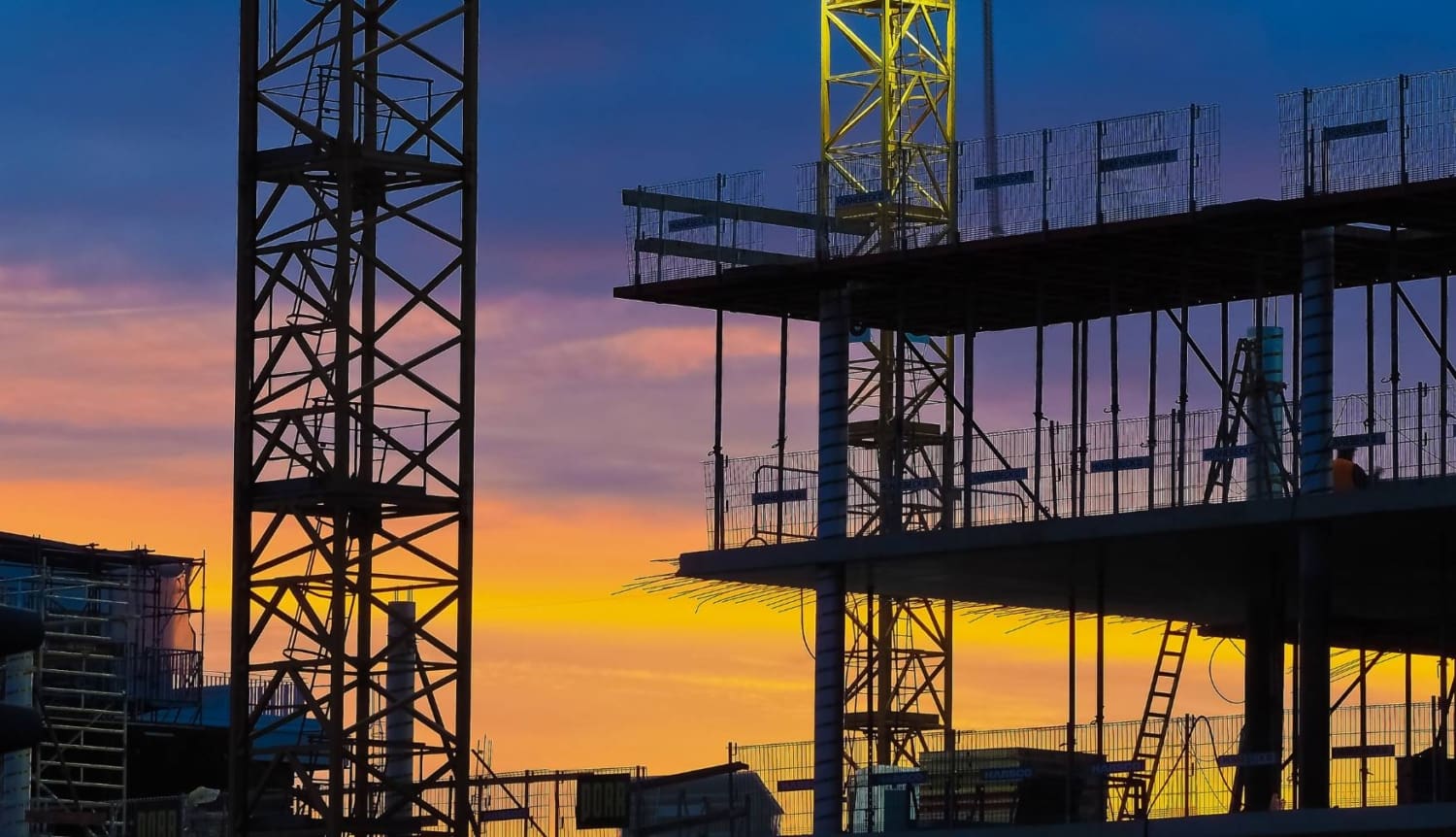Property Inspections and Compliance Services for Insolvency Cases Over the past 5 years, ORS has completed in excess of 5,000 inspections of assets on behalf of receivers and financial institutions dealing with insolvency. Because properties differ and not all properties present with the same challenges, the ORS multidisciplinary offering and experience is what sets us
Read More
Understanding Structural Condition Surveys Requests for structural condition surveys on properties can come from several sources. The usual candidates include prospective purchasers, property vendors, owners or tenants. The types of properties to be surveyed can range from domestic housing units to retail, industrial or public buildings. A structural condition survey can take many forms and
Read More
In July 2020 a new revision to Technical Guidance Document B (TGD-B) came into force, the first significant amendment to the code since 2006 (except for the publication of the separate volume 2 for ‘Dwelling Houses’ in 2017). The amendment is titled ‘Reprinted Editions 2020 Amendments & Corrections Incorporated’, and the edits relate primarily to
Read More
ORS Partnership with Meath County Council ORS is currently working with Meath County Council to inspect 1,200 rented properties. The properties are being inspected to ensure compliance with The Minimum Standards in Rented Accommodation 2017 guidelines (S.I 17/2017). The key inspection areas include: Structural condition Fire safety Ventilation Gas, oil and electrical installations Heating facilities Key Areas of Rental Property Inspections Window restrictors: Where a window has an opening section
Read More
The Energy Efficiency Directive (EED) mandates large organisations to complete energy audits every four years. This requirement was transposed into Irish legislation in 2014 through S.I 426 and is called the Energy Auditing Scheme (EAS) in Ireland. The Energy Auditing Scheme is a mandatory energy assessment scheme and legal obligation for organisations in Ireland that
Read More
The ORS Environmental Team outline why in their experience the early appointment of an environmental consultant is the best strategy to avoid unforeseen scenarios and ensure a project’s success. Picture the following scenario… after months of careful planning and preparation; the construction phase is finally underway. Plant is mobilised to site and enabling works are
Read More
CIF Safety Week 2020: The Importance of Occupational Health in Construction Traditionally, health was the forgotten element of ‘health & safety’. The focus was heavily put on the dangers/risks that would cause immediate harm or injury which are easier to measure. Over the past decade, there has been a transformation, and the occupational health hazards
Read More
CIF Safety Week 2020: Improving Plant and Pedestrian Safety on Construction Sites Every site is different and likely to present various hazards and risks. However, a well-designed and maintained site with proper segregation of vehicles and people will make workplace transport accidents less likely. The most effective way of ensuring pedestrians and vehicles move safely around a construction site is
Read More
Building Control (Amendment) Regulations 2014 and the Code of Practice for Inspecting and Certifying Buildings and Works (September 2016) requires the building owner to appoint a Design Certifier at the outset of a construction project. The Design Certifier can be a registered architect, building surveyor or chartered engineer. The Design Certifier is responsible for co-ordinating, compiling and
Read More









